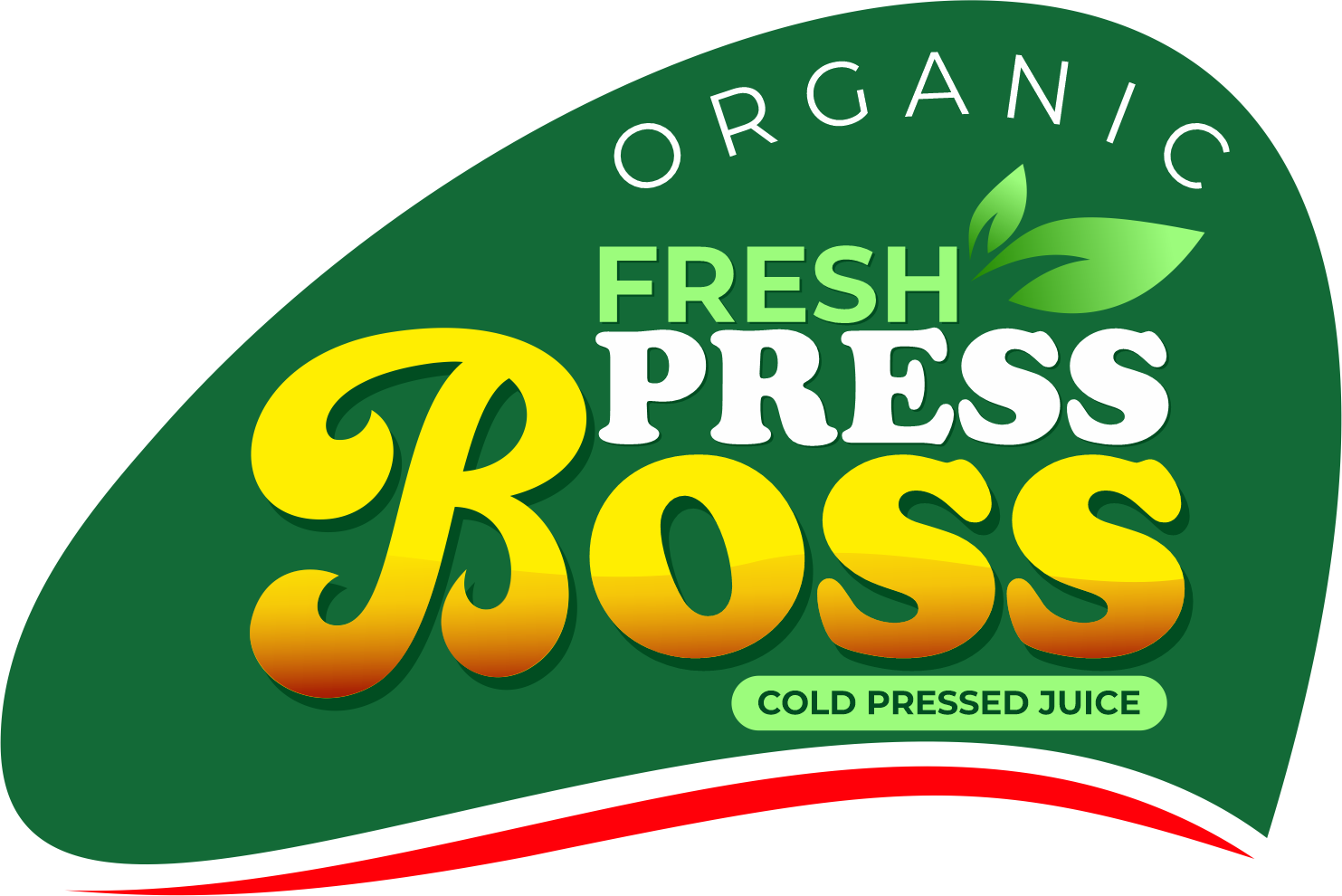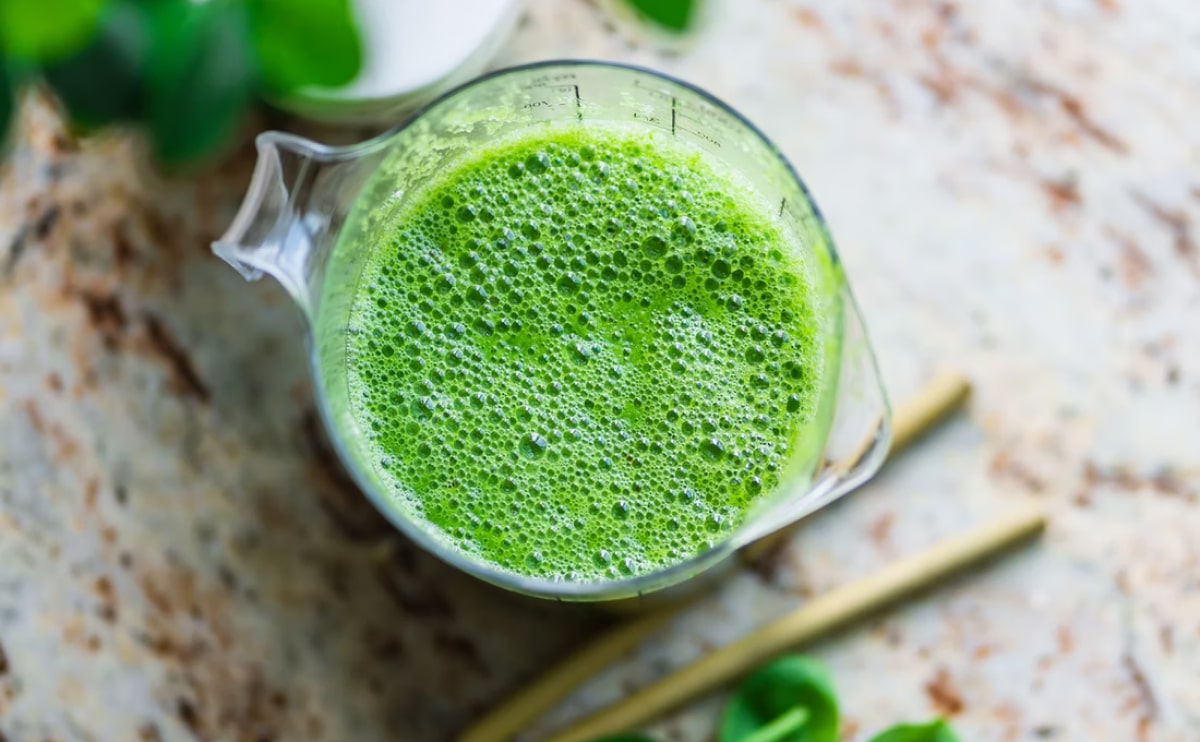Blog
Benefits of Spirulina

Spirulina, a type of blue-green algae, is celebrated as a superfood due to its impressive nutritional profile and health benefits. It has been used for centuries as a dietary supplement, and modern research continues to uncover its potential advantages. Here are some of the key benefits of spirulina:
1. Rich Source of Nutrients
Spirulina is packed with essential nutrients, including:
- Proteins: It contains 60–70% protein by weight, including all essential amino acids, making it a complete protein source.
- Vitamins: Spirulina is rich in B vitamins, especially B1 (thiamine), B2 (riboflavin), and B3 (niacin).
- Minerals: It provides iron, magnesium, and potassium, supporting various bodily functions.
- Antioxidants: High levels of phycocyanin and beta-carotene help neutralize free radicals and reduce oxidative stress.
2. Boosts Immune System
Spirulina enhances the production of antibodies and other immune cells, strengthening the body’s defense against infections. Its anti-inflammatory properties also support a balanced immune response.
3. Improves Heart Health
Regular consumption of spirulina may lower LDL (bad cholesterol) and triglyceride levels while increasing HDL (good cholesterol). It can also reduce blood pressure by improving arterial flexibility and reducing oxidative damage.
4. Supports Detoxification
Spirulina can bind to heavy metals like arsenic and lead, helping to detoxify the body. It also promotes liver health by reducing the impact of toxins and oxidative damage.
5. Enhances Energy Levels
Thanks to its high protein and iron content, spirulina can combat fatigue and increase stamina. Athletes often use it to improve performance and recovery.
6. Aids Weight Management
Spirulina's high protein content helps promote satiety, reducing appetite and aiding in weight management. Its nutrient density also ensures the body receives essential vitamins and minerals even when consuming fewer calories.
7. Promotes Healthy Skin
Rich in antioxidants and vitamins, spirulina helps fight skin aging, reduce acne, and improve skin elasticity. It also protects against UV damage and environmental pollutants.
8. Supports Gut Health
Spirulina can promote the growth of healthy gut bacteria, improving digestion and nutrient absorption. Its anti-inflammatory properties may also alleviate symptoms of gut disorders.
9. Regulates Blood Sugar Levels
Studies suggest spirulina may improve insulin sensitivity and regulate blood sugar levels, making it beneficial for those with diabetes or at risk of developing it.
10. Potential Cancer-Fighting Properties
The phycocyanin in spirulina has shown potential anti-cancer properties by reducing tumor growth and inhibiting the spread of cancer cells in preliminary studies.
How to Use Spirulina
Spirulina is available in powder, tablet, and capsule forms. It can be added to smoothies, juices, or even baked goods for an extra nutritional boost.
Safety and Considerations
Spirulina is generally safe for most people, but individuals with autoimmune disorders, allergies to algae, or phenylketonuria (PKU) should consult a healthcare provider before use. Ensure you source spirulina from reputable brands to avoid contamination with heavy metals or toxins.
Spirulina is a powerhouse of nutrition and health benefits, making it a valuable addition to a balanced diet. Whether you're looking to boost immunity, improve heart health, or enhance energy levels, spirulina offers a natural and effective solution.


